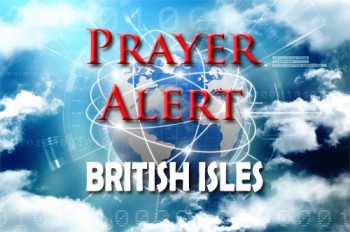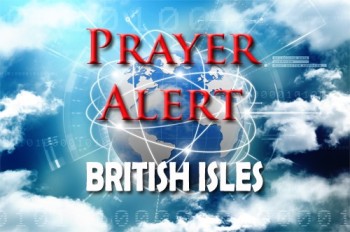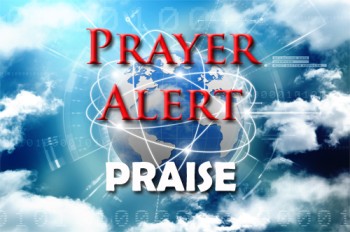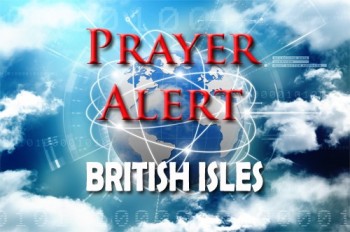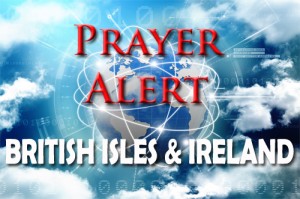Displaying items by tag: Downs Syndrome
Down's syndrome and abortion law
Heidi Crowter is a woman with Down's syndrome who has previously challenged legislation allowing foetuses with the syndrome to be aborted up until birth. But judges at the Court of Appeal decided the Abortion Act did not interfere with the rights of the living disabled. Heidi is taking her case to the European Court of Human Rights ‘because it is downright discrimination that people with disabilities are treated differently. Disabled people are valued equally after birth but not in the womb.’ In England, Wales and Scotland there is a 24-week time limit for abortion, unless there is a substantial risk that the child would suffer from physical or mental abnormalities, including Down's syndrome. If Heidi’s appeal is successful, it would not only have implications for the UK, it would set a legal precedent for all 46 member countries of the Council of Europe.
Downs campaigner appeals abortion law again
Heidi Crowter is hoping to change Britain’s abortion legislation through her hearing at the Court of Appeal. Currently the UK permits unborn babies with a disability to be aborted up to birth, while the limit for other babies is 24 weeks. Heidi and others want to stop this discrimination and are continuing their fight after the High Court rejected their case last year. Heidi’s mother Liz told the Christian Institute that those with Downs syndrome are still made in the image of God; they just have one extra chromosome. Heidi said, ‘In 2022 we live in a society where disabled people are valued equally after birth but not in the womb. This law is discriminatory and needs to be changed.’ A ruling will be made in late autumn.
Abortion and Down’s syndrome debates
Many people took the time to write to their MP to oppose an amendment that would completely decriminalise abortion in the UK and support pro-life amendments to the Health and Care Bill. The amendment to decriminalise abortion was withdrawn before it could even go to a vote, and there was strong support for the amendments even though they were withdrawn. Also the second reading of the Down’s Syndrome Bill was approved in the House of Commons, meaning that people with Down’s syndrome would be recognised as a minority group of people. This would ensure that they are not neglected and their abilities are recognised.
Northern Ireland abortion discrimination
An open letter from ‘Don’t Screen Us Out’ has been sent to Arlene Foster, Edwin Poots, and other leading politicians. It was written on behalf of people with Down’s syndrome and their families, who are asking for their parties to support a bill which has been introduced to the NI Assembly. The bill seeks to amend the current abortion regulations, to no longer allow unborn babies with a ‘serious foetal impairment’ to be aborted to term. This bill would not amend the law in cases of ‘fatal foetal abnormality’. Currently NI abortion is legal up to birth if the foetus has Down’s syndrome, cleft palate, cleft lip, or club foot. This new bill proposes that non-fatal disabilities should not be grounds for abortion, and the current law is discriminatory against those with such disabilities. 90% of babies diagnosed with Down’s syndrome are aborted.
Down’s Syndrome Awareness Week (20-26 March)
‘We’re not so different, you and me’ is the theme of My Feral Heart, a British film about a young man with Down’s Syndrome (DS). At the heart of the film are two intertwining themes: we can only find happiness in caring for each other, and all of us are vulnerable and needy, not just people with DS. Disability is nothing to be feared, hidden away or ashamed of. Each of us is disabled and needy in different ways: some intellectually, others emotionally and socially. But the universal cure is self-giving and generosity. The release of My Feral Heart comes as the British health system increasingly pressurises mothers to abort any child diagnosed with DS.
